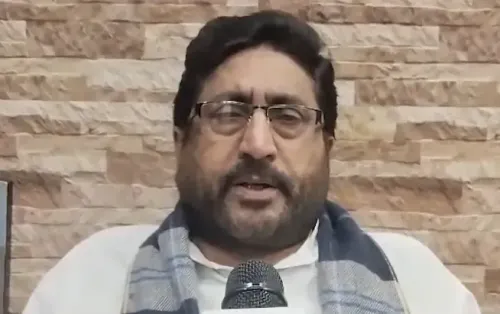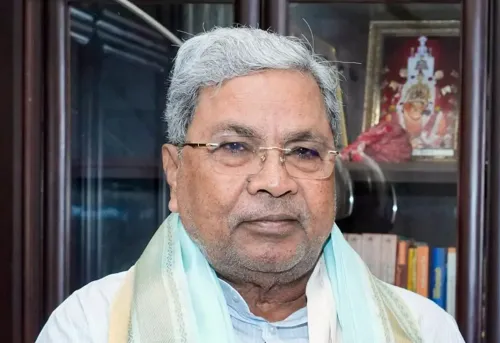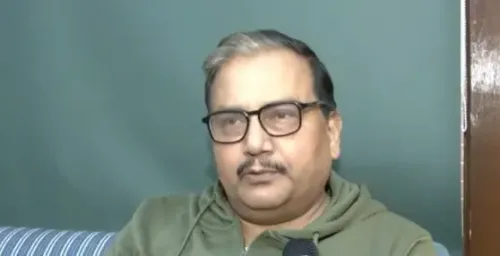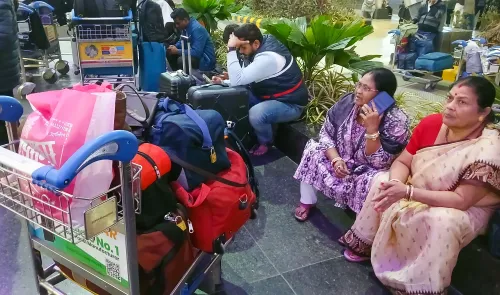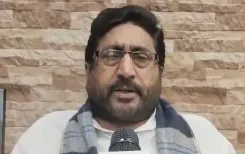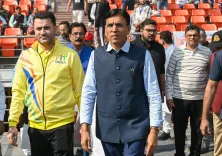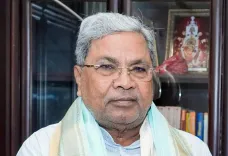Are Mercedes-Benz, Volkswagen, and Hyundai Ready to Manufacture EVs in India?
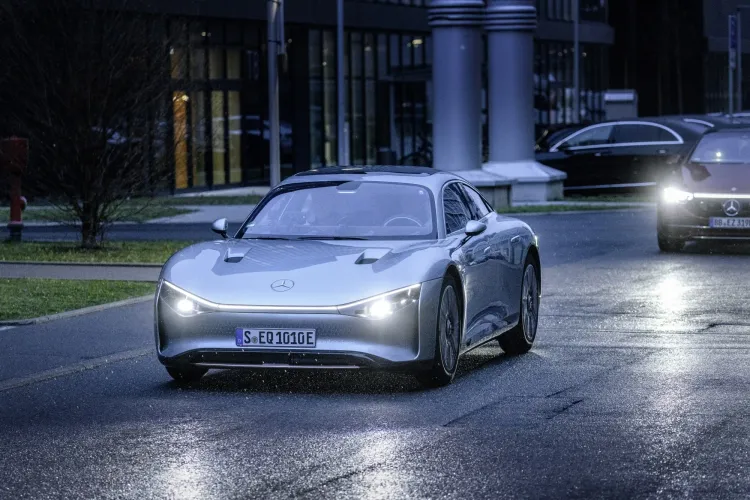
Synopsis
Key Takeaways
- Mercedes-Benz, Skoda-Volkswagen, Hyundai, and Kia are looking to manufacture EVs in India.
- The SPMEPCI will soon open for applications.
- Investors must commit a minimum of Rs 4,150 crore.
- EV imports will be subject to a cap of 8,000 units annually.
- New policies aim to foster India as a global EV manufacturing hub.
New Delhi, June 2 (NationPress) Union Heavy Industries Minister H D Kumaraswamy announced on Monday that Mercedes-Benz, Skoda-Volkswagen (VW), Hyundai, and Kia have expressed strong interest in producing their electric vehicles (EVs) within India.
The minister added that the application period for the Scheme to Promote Manufacturing of Electric Passenger Cars in India (SPMEPCI) will be initiated shortly.
Regarding Tesla, led by Elon Musk, the Union Minister remarked: "We are not currently anticipating any manufacturing from them as they are merely planning to establish showrooms. They have no intentions of manufacturing in India."
The newly introduced EV policy has granted various incentives for companies willing to invest and establish manufacturing operations in India.
The government has now issued guidelines to attract fresh investments from international manufacturers in the electric vehicle sector, positioning India as a global manufacturing center for e-vehicles.
Approved applicants will be permitted to import completely built units (CBUs) of electric four-wheelers valued at a minimum of $35,000 at a reduced customs duty of 15 percent for a duration of 5 years from the date of application approval.
These applicants must commit to an investment of at least Rs 4,150 crore as stipulated by the scheme. The annual import limit for electric four-wheelers at the reduced duty rate will be capped at 8,000 units, with provisions for carrying over any unused annual import quotas.
As per the announcement, the total number of EVs eligible for import under this initiative will be limited to ensure that the maximum duty waiver per applicant does not exceed Rs 6,484 crore, or the applicant's committed investment of at least Rs 4,150 crore, whichever amount is lesser.
In related news, the anticipated increase in steel tariffs by US President Donald Trump is expected to have a "minor" effect on India, as the country does not have significant exports to the US, Kumaraswamy stated.
Trump recently declared a doubling of import tariffs on steel and aluminum from 25 percent to 50 percent, effective June 4.
In a statement to reporters in the capital, Kumaraswamy noted: "There will be some minor impact since we are not exporting (to the US) on a large scale."


